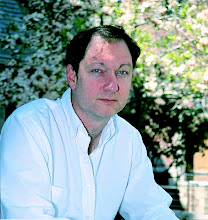Stunningly bad results for African-Americans on state bar exams
In an article published in the Stanford Law Review, Sander and his research team concluded several thousand would-be black lawyers either dropped out of law school or failed to pass the bar because of affirmative action.
This is really distrubing.
Labels: AffirmativeAction, Law






